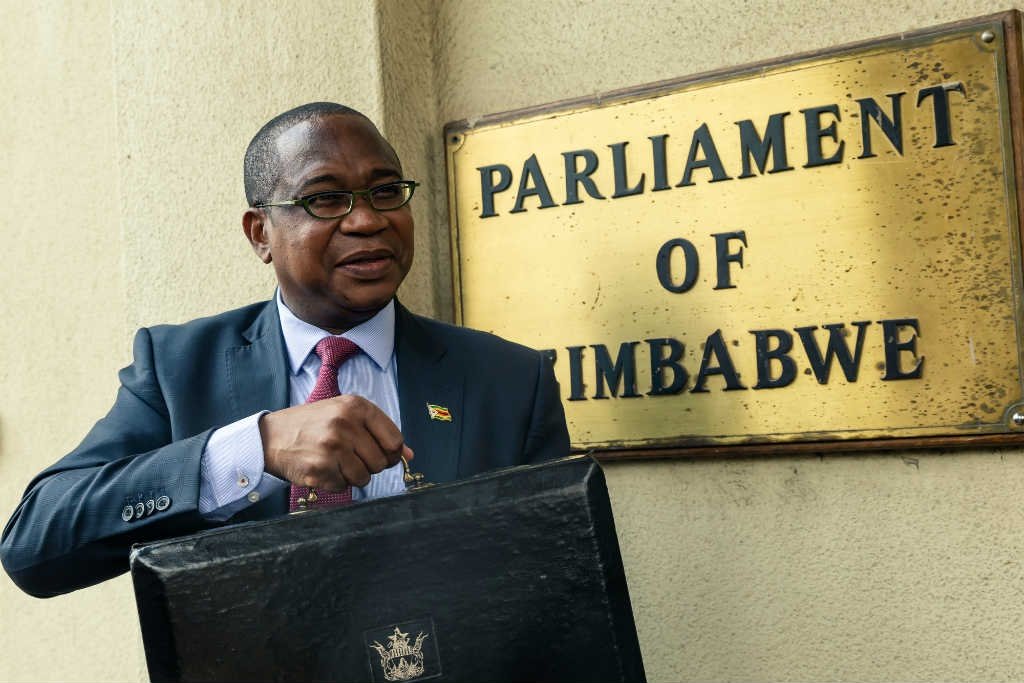

Harare
– Zimbabwe’s finance minister announced on Wednesday that the country will
adopt a “managed float” exchange rate system to slow the drop in the
value of its currency and curb runaway inflation.
The measure is the latest in a
string of efforts “to stabilise the exchange rate hence to lower inflation”,
finance minister Mthuli Ncube told journalists in the capital, Harare.
Zimbabwe, which suffered a
devastating period of hyperinflation a decade ago, has recently seen a
disconcerting return of galloping inflation as the government tries to boost
the moribund economy.
READ | On brink of ‘man-made’ starvation, Zimbabweans struggling to cope
The country abandoned its
worthless currency in 2009 to bring an end to the hyperinflation that reached
500 billion percent, but a physical lack of foreign currency was one factor
holding back the economy over the past decade, marked by high unemployment and
shortages of basic goods.
In February last year, Zimbabwe reintroduced
its local currency and in June banned the use of the US dollar for local
transactions.
Inject forex when necessary
As Ncube unveiled an electronic
trading system he acknowledged that the lack of an effective trading platform
had hampered efforts to control the currency as a parallel market had
mushroomed.
“This
platform will allow foreign exchange to be traded freely amongst banks and
permit a true market exchange rate to be determined,” he said.
The central bank in future will
abandon stringent control of foreign exchange but continue to be a significant
player in the market by providing liquidity to stabilise the exchange rate when
necessary.
READ | Zimbabwe launches new currency measure
In the past, the central bank
played a part in determining the exchange rate, but now its role will be to
inject forex into the market when necessary to stabilise the currency.
Such a system where a central
bank regularly intervenes in the market to help determine a currency’s value is
called a managed float.
Zimbabweans can barely keep pace
with the price rises, including a 60% overnight jump in bread prices last
October that rekindled fears of hyperinflation.
The annual inflation rate struck
500% in December, according to Bloomberg financial news agency.
